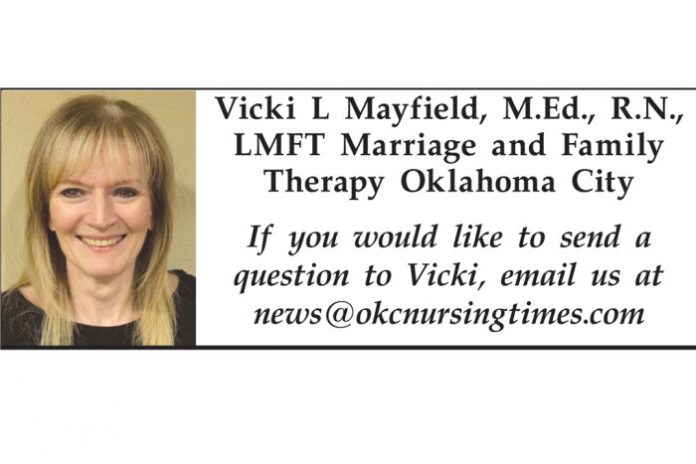
Q. Do you think it is ok not to forgive someone who has hurt you?
A. I too have asked myself this question? The subject of forgiveness can be complicated by religious beliefs and scriptural references rendering us in a position to often feel guilt and shame if we choose not to forgive.
Recently I had the opportunity to hear a lecture by Dr. Janis Spring who wrote the book, How Can I Forgive You? The Courage to Forgive, The Freedom Not To. I want to share some of her wisdom about the subject. This made sense to me and validated my own struggle with forgiveness.
There are two unhealthy responses to interpersonal wounding:
1. CHEAP FORGIVENESS
– Cheap forgiveness is a quick and easy pardon with no processing of emotion and no coming to terms with the injury. – It is premature, superficial, undeserved, – It is an unconditional, unilateral, often compulsive attempt to keep the peace. People often say, “we have moved on.” Moved on where?
2. REFUSING TO FORGIVE
– Refusing to forgive is a reactive, rigid, often compulsive response to violation that cuts hurt parties off from life and leaves them stewing in their own juices. – It is a decision to continue punishing the offender.
There are two healthy responses to interpersonal wounding:
1. ACCEPTANCE
– It is a healing gift to the self – It is a responsible, authentic response to an injury when the offender can’t or won’t engage in the healing process – when that person is unwilling or unable to make good. – It is the realization that we will never get the apology or recognition of the pain that has been perpetrated on us.
2. GENUINE FORGIVENESS
– Genuine forgiveness is a hard-won transaction, an intimate dance between two people bound together by an interpersonal violation. – As the offender works hard to earn forgiveness through genuine, generous acts of repentance and restitution, the hurt party works hard to let go of resentments and need for retribution.
You are not a better person if you forgive.
The person who hurt you becomes a better person if he/she genuinely feels remorseful and makes atonement.
Forgiveness is very personal. No one knows the depth of your pain but you.
A narcissist will not forgive – there is an avoidance of the complex understanding of forgiveness.
Vicki L Mayfield, M.Ed., R.N., LMFT Marriage and Family Therapy Oklahoma City
If you would like to send a question to Vicki, email us at [email protected]











